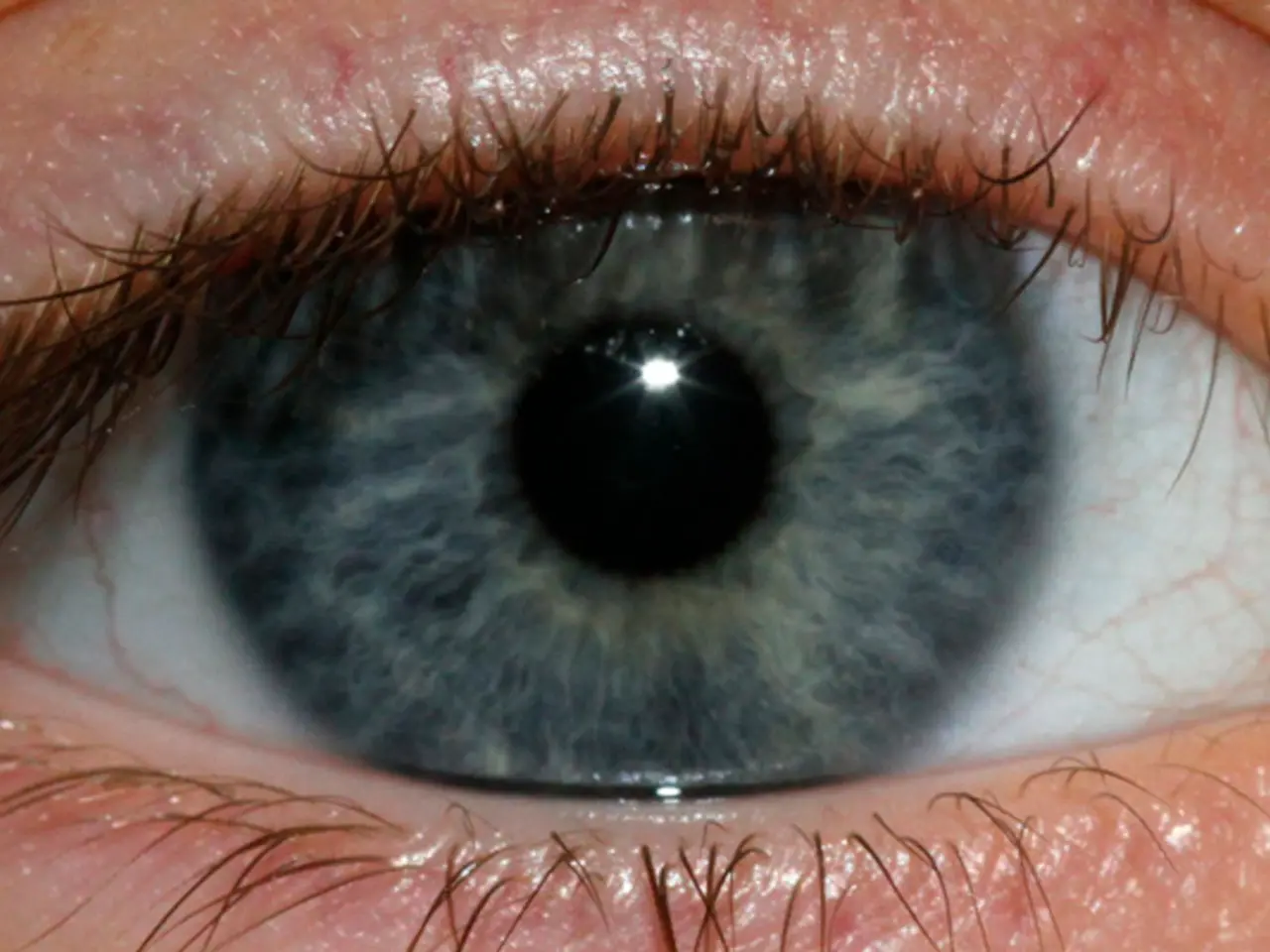Exploring Opinions: Is Pollution Linked to Eczema?
A new study sheds light on the connection between air pollution and eczema, a common skin condition that affects millions worldwide. The research reveals that Hispanic or Latinx individuals, who represent a significant portion of the workforce in fields with high exposure to air pollution, are particularly vulnerable.
Pollutants Linked to Eczema
The study focuses on several pollutants, including fine particulate matter (PM2.5), ozone, nitrogen dioxide (NO2), carbon monoxide (CO), lead, sulfur dioxide (SO2), and sulfate. These pollutants are known triggers of eczema symptoms, primarily due to their capacity to irritate the skin and increase inflammation.
Fine Particulate Matter (PM2.5)
PM2.5 particles, which can penetrate the skin barrier and trigger skin inflammation and immune responses, have been linked to worsening eczema symptoms. These particles can carry allergens and toxic substances that sensitize the skin.
Ozone
Ozone, a potent oxidant, can damage skin cells, disrupt the skin barrier, and increase oxidative stress, all of which may contribute to eczema worsening. While direct evidence in eczema is limited, ozone’s known effects on airway inflammation and skin irritation suggest a similar impact on eczema.
Nitrogen Dioxide (NO2)
Exposure to nitrogen dioxide is associated with airway and skin inflammation and may similarly worsen eczema by triggering skin immune reactions and barrier dysfunction.
Carbon Monoxide (CO)
While carbon monoxide is generally less recognized for direct skin effects, it may contribute indirectly by impairing oxygen delivery and promoting systemic inflammation, potentially exacerbating eczema symptoms.
Lead and Other Heavy Metals
Lead and other heavy metals can accumulate in the skin and cause contact dermatitis or exacerbate existing eczema by promoting inflammation and immune dysregulation.
Sulfur Dioxide (SO2) and Sulfate
Sulfur dioxide and sulfate compounds are irritants to mucous membranes and skin and can increase skin inflammation, potentially triggering or worsening eczema symptoms.
Vaping and Eczema
Additional insights from vaping-related studies indicate that exposure to airborne chemicals—nicotine, propylene glycol, artificial flavorings, and metals like nickel from vaping device coils—can act as irritants and allergens, triggering or worsening eczema. Similarly, exposure to cigarette smoke, which contains many of these pollutants, is a known risk factor for delaying eczema healing and increasing flare frequency.
The Impact on Ethnic Minorities
Understanding the connections between air pollution, eczema, and racial and ethnic disparities in eczema could help reduce the burden of eczema among ethnic minority populations. As of 2025, approximately 70 million people in historically marginalized groups live in areas with high levels of ozone and particulate pollution in the U.S.
Black and Hispanic children tend to have more severe eczema than white children in the U.S., partly due to higher air pollution exposure. Exposure to air pollution from wildfires, which contains high concentrations of fine particulate matter, can increase the likelihood of children requiring medical care for their eczema symptoms.
Recommendations for Managing Eczema
To help keep eczema under control, it is recommended to moisturize regularly, bathe daily, use prescribed medications, wear protective clothing, and limit outdoor time when the Air Quality Index (AQI) is high.
The study underscores the importance of addressing air pollution as a factor in the development and exacerbation of eczema, particularly for ethnic minority populations. As climate change continues to increase wildfires and ozone levels, efforts to reduce air pollution and improve air quality are crucial for managing eczema and promoting overall health and wellbeing.
- The study on air pollution and eczema has identified fine particulate matter (PM2.5), ozone, nitrogen dioxide (NO2), carbon monoxide (CO), lead, sulfur dioxide (SO2), and sulfate as pollutants that can trigger eczema symptoms due to their skin-irritating and inflammatory properties.
- PM2.5 particles, having the capacity to penetrate the skin barrier and trigger skin inflammation and immune responses, have been found to worsen eczema symptoms by carrying allergens and toxic substances that sensitize the skin.
- Exposure to nitrogen dioxide can lead to airway and skin inflammation, which, in turn, may worsen eczema by triggering skin immune reactions and barrier dysfunction.
- The research also suggests that vaping and exposure to cigarette smoke can act as irritants and allergens, potentially triggering or worsening eczema due to their content of airborne chemicals.
- Efforts to reduce air pollution and improve air quality, particularly in densely populated urban areas and historically marginalized communities, are crucial for managing eczema, especially in ethnic minority populations who are statistically more vulnerable to its worsening effects due to greater exposure to air pollution.




